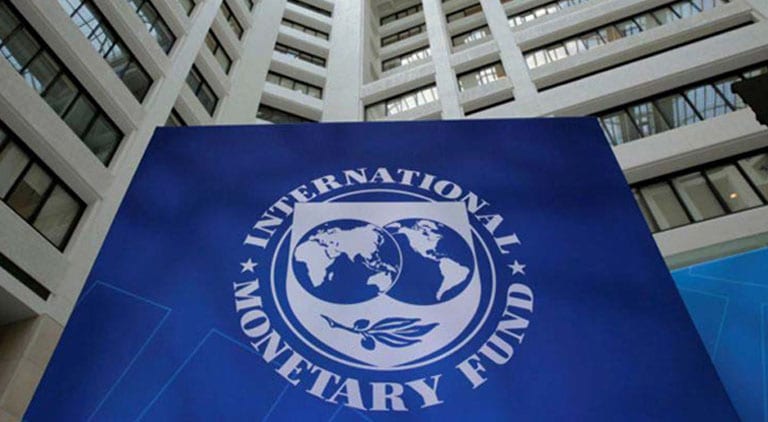ISLAMABAD: International Monetary Fund (IMF) executive board has approved to release the $1bn loan tranche for Pakistan, Finance Minister Shaukat Tarin has announced.
“I am pleased to announce that IMF Board has approved 6th tranche of their programme for Pakistan,” the finance minister announced in a brief statement.
I am pleased to announce that IMF Board has approved 6th traunche of their programme for Pakistan.
— Shaukat Tarin (@shaukat_tarin) February 2, 2022
A meeting of the IMF’s executive board in Washington also waived off a few conditions to pave the way for the release of the fourth loan tranche under the sixth review of the $6 billion Extended Fund Facility.
The Sixth Review and release of $1 billion tranche under the Extended Fund Facility (EFF), scheduled on January 12, 2022 and later January 28, was postponed twice earlier after receiving request from the Pakistani authorities. The government passed the Finance Bill (Amendment) Act, 2021, and State Bank (Amendment) Bill, 2021, as part of the IMF’s preconditions for the loan agreement.
The government agreed to take Rs800 billion measures through a combination of cut in expenditures and imposition of about Rs500 billion in taxes, including Rs20 per litre fuel tax, to revive the stalled $6 billion IMF programme.
The next review (seventh) under the $6 billion EFF programme will be due in April 2022. The last and final eighth review is expected to be done in September 2022.
In May 2019, Pakistan and the IMF reached a staff-level agreement on economic policies for a three-year Extended Fund Facility (EFF). Under the agreement, Pakistan was to receive about US$6 billion for a period of 39 months.
The government had accepted the IMF’s conditions to reduce the primary deficit to 0.6%, granting more operational autonomy to the SBP, placing a flexible exchange rate and further tightening the monetary policy and hiking electricity tariff.
In its official announcement, the IMF had stated that “decisive policies” and reforms together with significant external financing were necessary to reduce vulnerabilities faster, increase confidence, and put the economy back on a sustainable growth path, with stronger private sector activity and job creation.
“Financing support from Pakistan’s international partners will be critical to support the authorities’ adjustment efforts and ensure that the medium-term programme objectives can be achieved,” the IMF had stated.



































